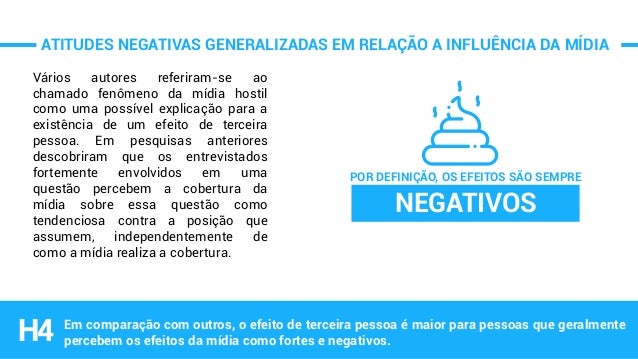

These statements represent the dominant position in the literature. Bureau of Labor Statistics, “Inheritance and the Distribution of Wealth or Whatever Happened to the Great Inheritance Boom,” 2011, gov/ore/pdf/ec110030.People tend to think they are invulnerable and that bad things will happen to others, not to them.

More information on the survey results can be found at -ġ U.S. “We need to commit to educating our youth about money management, so they have the opportunities to achieve the financial freedom they want and deserve.” “We live in an increasingly complex financial world, where our personal responsibility for financial management has increased dramatically, but our basic understanding of our finances has lagged behind,” Schwab-Pomerantz said. Only 38 percent believe student loans are good debt.Respondents are similarly split on whether car loans are good or bad debt.In addition, while 81 percent say they want to own a home, only 54 percent believe that a mortgage is considered good debt.Most concerning, 51 percent say they currently have some sort of debt, but only 3 percent would pay down that debt if given an extra $1,000.

Many young Americans do not understand the fundamentals of debt-in particular the difference between good and bad debt:
#Are age 21 and under unrealistic optimism how to#
Young people also indicate strong interest in learning how to manage their money, including how to make enough money to reach their financial goals (71 percent), how to keep financial information secure (68 percent), how to save enough to be set in retirement (65 percent), how to manage a budget for necessities (65 percent) and learn the difference between good and bad debt (55 percent).Īt a critical point in their financial lives, there is plenty of confusion about debt. And unlike previous generations, most young adults today say their parents are more likely to talk to them about money than sex (67 percent) and drugs (56 percent). Most young adults (69 percent) say their parents are good financial role models and their most trusted source for financial advice (39 percent) compared to a bank, online resources and friends. Young people trust their parents for financial advice, want to learn more Another one-third (33 percent) of respondents say they skipped a meal because they didn’t have enough money. Young adults are accruing significantly more debt, but their savings don’t meaningfully increase: on average, Young Millennials (ages 21-25) have saved just 15 percent more than Gen Z (ages 16-20)-yet they have 169 percent more debt.
#Are age 21 and under unrealistic optimism full#
On average, young adults expect to retire at 60 years of age, seven years earlier than full Social Security benefit eligibility for their age bracket.More than half (53 percent) believe their parents will leave them an inheritance, versus the average 21 percent of people who actually received an inheritance of any kind between 19.1 But their optimism may be leading to bad money habits. While young people were “very concerned” about their personal financial futures in 2009, the new 2018 research indicates young people are much more confident about their financial futures:

Over the past decade, there’s been a tremendous shift in attitudes about the financial future. Optimism may be misplaced and bad money habits persist “A key takeaway is that young adults want to learn more about money management, and they’re looking to their parents to teach them these critical skills.” The good news is we’re seeing a lot of optimism, and we have an opportunity to harness that optimism by setting them on a course toward lifelong financial success,” said Carrie Schwab-Pomerantz, president, Charles Schwab Foundation, and senior vice president, Charles Schwab & Co., Inc. “Kids of the Great Recession are now on the cusp of financial independence and making decisions that will have a lasting impact on their long-term ability to build wealth. Unfortunately, they simultaneously face real personal financial challenges-having incurred average savings of just $1,628 and debt of $8,003-and seem to have a genuine lack of understanding about debt in general. New research from Charles Schwab indicates that while 81 percent of young adults age 16 to 25 witnessed their parents experience financial hardship, 76 percent believe they will have a better financial future than their parents. A decade after the onset of the financial crisis, American young adults are optimistic about their future financial success but demonstrate behaviors that suggest they may be unprepared for the realities of achieving it.


 0 kommentar(er)
0 kommentar(er)
